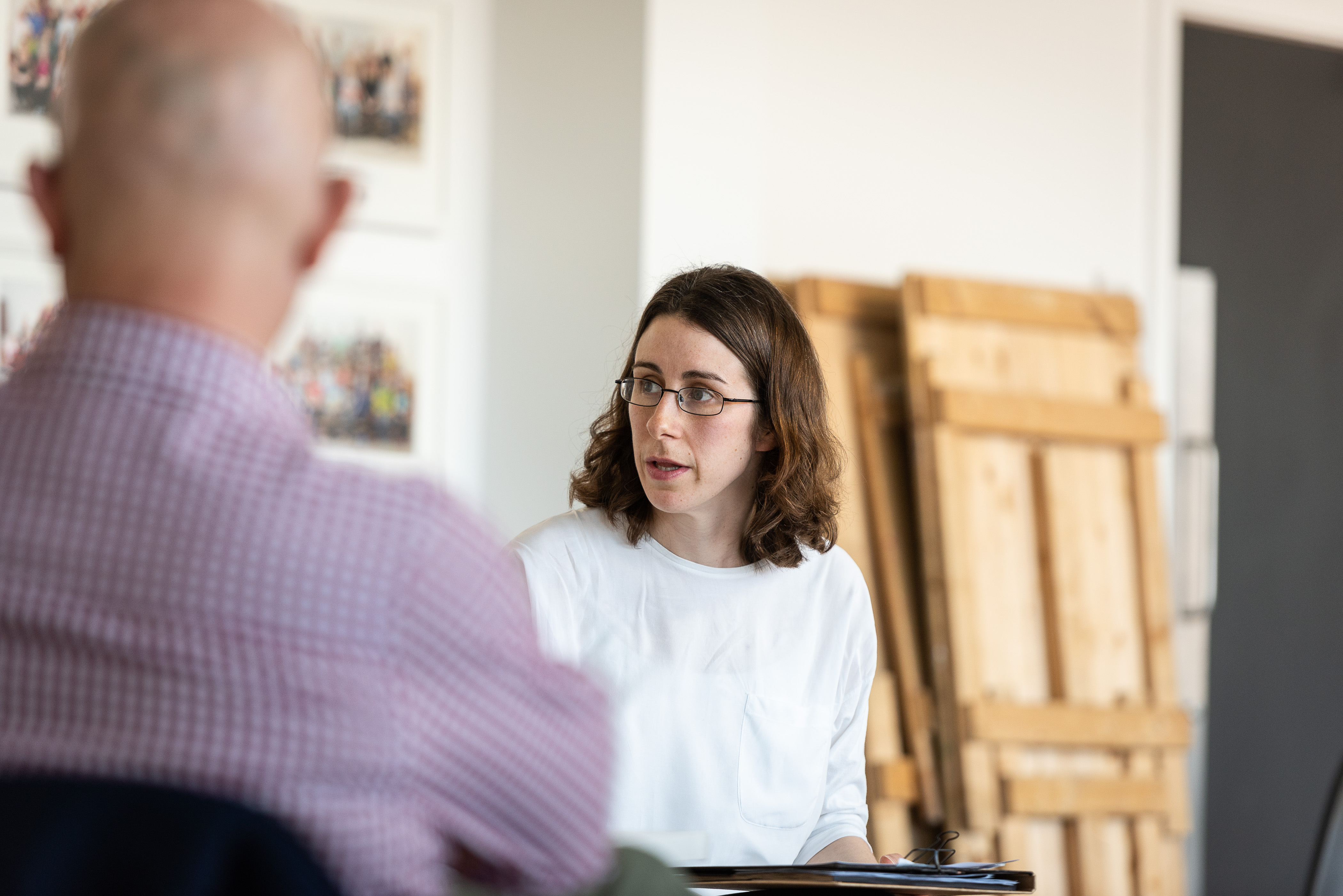Imperial War Museum North was the impressive venue for the second Modern Conflict Research Symposium and we were lucky enough to have private access to the museum after hours too. A two day conference, it brought together some truly diverse papers from zero sum theory to media studies, from epitaphs to aviation archaeology and from veterans mental health to naval law. And it was great. Super well organised (and with yummy hot lunches to keep the energy levels up!) and an interested, supportive audience giving a great reception to speakers delivering their research for the first time, chairing for the first time or even giving a keynote for the first time. It was clear that the sponsorship of a raft of organisations including the University of Huddersfield, Wessex Archaeology, The Heritage Consortium, the British Commission for Military History, Kings College London, Zeitgeist Historical and Battlefield Tours and RUSI had meant that Sarah Ashbridge and Rob Page had been able to make this happen.
We were lucky to be able to hear from panels (of 3-4 speakers with 15 minutes each) on conflict in the media age; regimental identities; science and development; myth, memory and commemoration; counterinsurgency; archaeology of modern warfare; military law, policy and practice; and witnessing war. The audience was predominantly historians and archaeologists as well as a smattering of social scientists, political scientists, a policy maker, a psychologist and a geologist. Each day closed with a keynote speaker and I really enjoyed both Dr Aimee Fox talking about ‘Learning to Fight: Military Innovation and Change 1914-1918’ and Richard Osgood about ‘Bridging the Gap: How archaeology has helped in the recovery of individuals with life changing experiences’.
I thought I’d try and give you a sense of the content by sharing with you some of the presentations that really stood out for me:
- I loved Beth Wyatt’s paper on ‘Emoting war landscapes: A reassessment of British soldiers’ emotional experiences of serving on the Western Front and Gallipoli’ – it gave such a thoughtful insight into the different ways soldiers interacted with nature at the front and challenged the idea of the trenches as a wasteland of mud and craters.
- Dr Riyad Abdullah Fathi had the room spellbound with his talk about the legacy of environmental damage caused by military operations in Mosul and the very real impact on people’s lives woven as it was with a thread of his own story in Mosul. It was touching and captivating.
- I was fascinated by what Lucy Margot Betteridge-Dyson had to say about the epitaphs of Commonwealth War Graves from the Great War and how she explored the themes in the language used and highlighted the contradictions and exceptions she had found.
- We were lucky that Sarah Ashbridge had to step in at last minute to deliver a presentation to fill a gap because it gave a chance to hear about her work looking into WW1 identity discs, how they were made, how they were used and comparisons with other nations.
- Richard Osgood delivered a panel paper also, describing a project supported by Breaking Ground Heritage to provide much-needed support to veterans with life changing experiences through the archaeological excavations in search of Easy Company’s missing hut (the United States Army company of 2nd Battalion, 506thParachute Infantry Regiment of the 101st Airborne Division made famous in the Band of Brothers series). The various projects he described through this paper and his keynote were both moving and uplifting.
- Grace Stephenson shared her research looking into newsreels in 2WW – I had no idea there were so many production companies – and enjoyed getting a sense of her methodology as well as hearing about censorship. She also got the biggest laugh for sharing footage of Hitler and also an Italian prisoner which was dubbed by the television presenter with some very dubious accents to comedy effect.
As well as these fantastic papers, as a former Naval officer, I was transported back to my time at Dartmouth in hearing Dr Alexander Clarke’s impassioned talk on the Royal Navy and international law in the run up to WW2, and as a former aircraft engineer, I enjoyed hearing Christopher Eck’s work (ably delivered by Sarah Ashbridge in his absence) on understanding the archaeological sites of aircraft crash sites and sharing his typology for their classification. I was delighted to see Louise Bell deservedly awarded for her excellent poster about ‘National Diamond Factories: an Unique Employment Opportunity for Disabled Men’. I would thoroughly recommend keeping your eyes out for next year’s call for papers!
I want to thank everyone who voted for my paper, ‘Camp follower or counterinsurgent? Lady Templer and the invisible soldiers’, to be awarded Best Conference Paper – I was delighted.


Will you post your paper, ‘Camp follower or counterinsurgent? Lady Templer and the invisible soldiers’, Hannah?
LikeLike
Adrian, Thank you for the interest. The paper is currently under review for a journal but I will share in due course (fingers crossed when it is published!). Thanks, Hannah
LikeLike